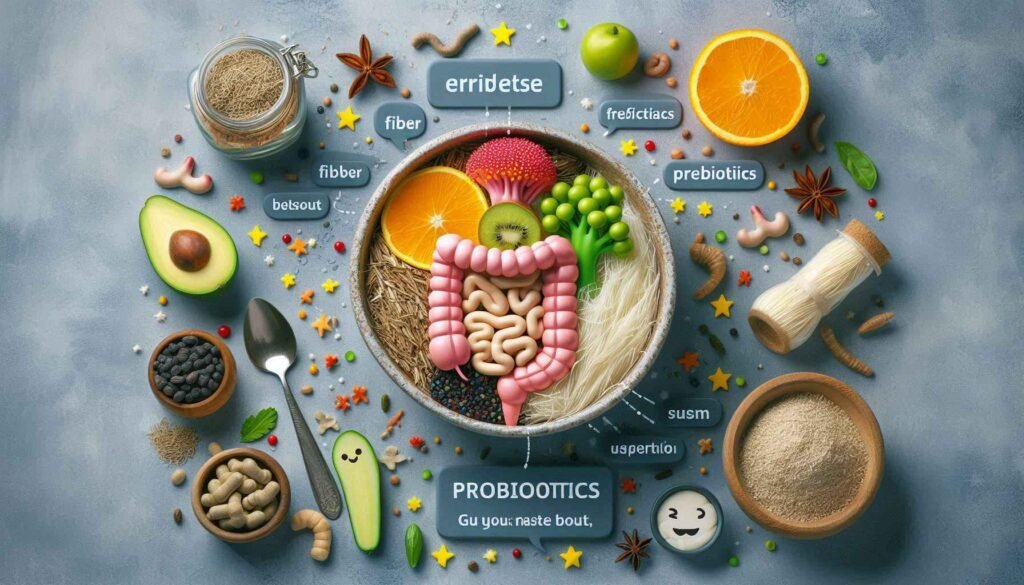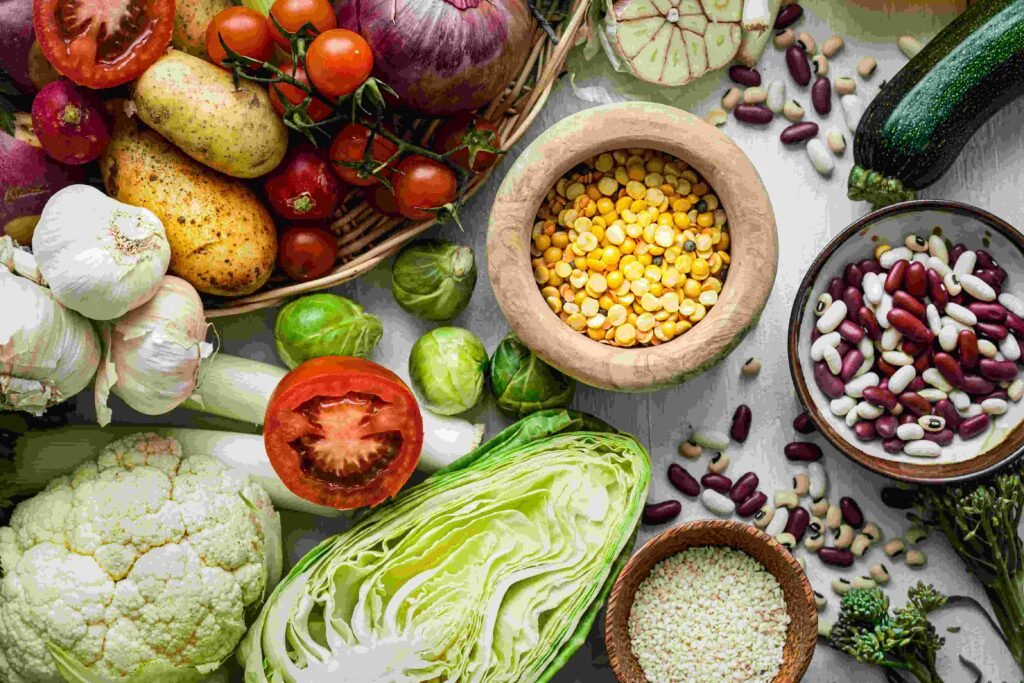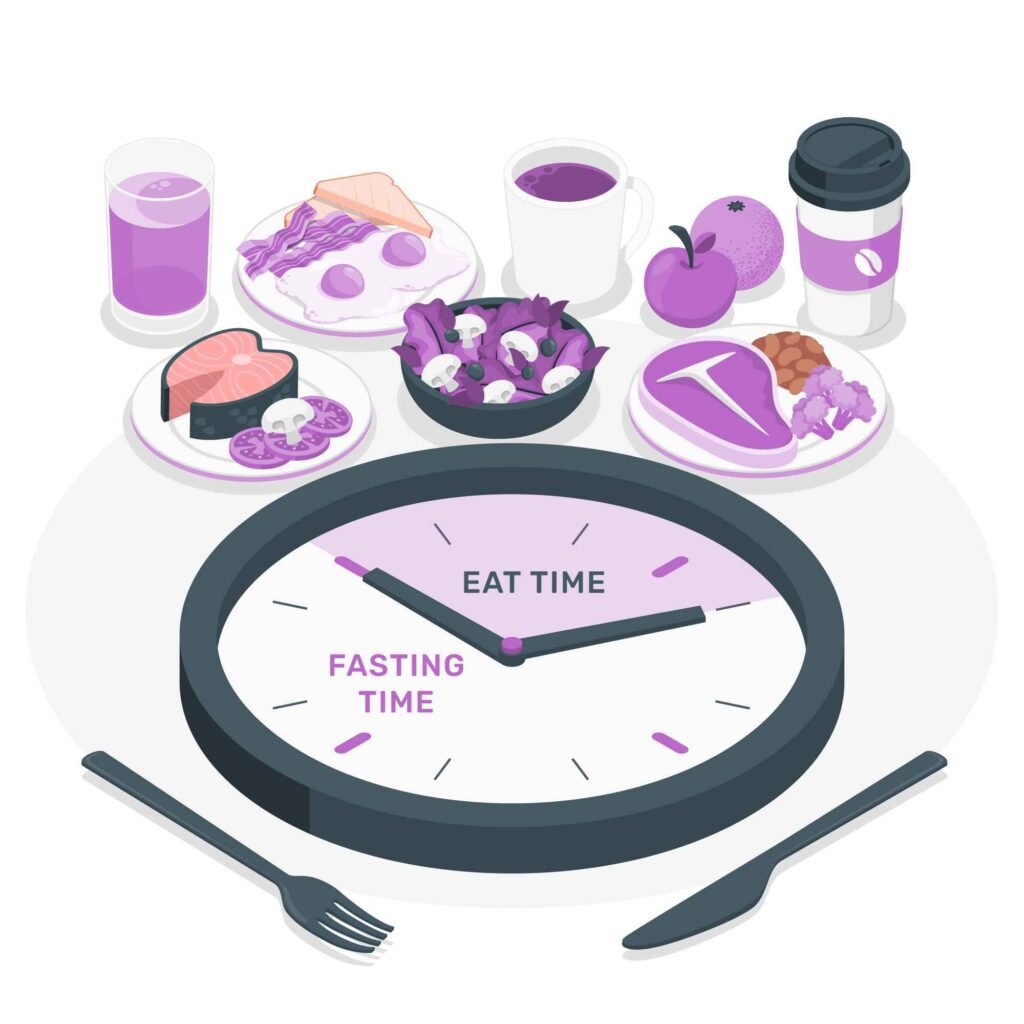
Gut Health Essentials: Why Fiber, Prebiotics, and Probiotics Are Key to Wellness
Understanding gut health benefits with fiber, prebiotics, and probiotics can transform your wellness. These nutrients boost digestion, immunity, and mood.
Gut health is gaining recognition for its impact on overall wellness, extending well beyond digestion. Studies reveal that the gut, often referred to as our “second brain,” influences immunity, mood, metabolism, and mental clarity. This impact comes from the trillions of microorganisms residing in the gut, collectively known as the gut microbiome. Keeping a balanced microbiome relies on three essential dietary components: fiber, prebiotics, and probiotics. These nutrients work together to sustain and balance beneficial bacteria in our gut, promoting optimal health and helping to prevent many ailments. This article delves into how fiber, prebiotics, and probiotics support a thriving gut microbiome and explores practical ways to incorporate them into everyday life.
The Gut Microbiome: A Complex Ecosystem
The gut microbiome consists of a vast, diverse community of bacteria, fungi, and other microorganisms in our digestive tract. This hidden world influences nearly every function in our bodies. It aids in breaking down food, absorbing nutrients, and producing essential vitamins. The gut microbiome even communicates with the brain through the gut-brain axis. When in balance, this community helps the body operate smoothly. However, disruptions from poor diet, stress, or illness can lead to digestive issues, mood swings, and a weakened immune system. Including fiber, prebiotics, and probiotics in our diets is essential for keeping this ecosystem balanced.
Fiber: The Gut Health Foundation
Fiber is a plant-based carbohydrate essential for gut health. Unlike other carbs, it cannot be broken down by digestive enzymes. Instead, it moves into the large intestine, where it becomes food for beneficial bacteria. Fiber comes in two main types, each with unique benefits: soluble and insoluble. Soluble fiber dissolves in water, forming a gel that slows digestion, stabilizes blood sugar, and lowers cholesterol. Oats, beans, apples, and carrots are high in soluble fiber. Insoluble fiber, which does not dissolve in water, adds bulk to stools, promoting regular bowel movements and preventing constipation. Whole grains, nuts, and many vegetables provide insoluble fiber.
Besides aiding digestion, fiber supports beneficial bacteria. When fiber reaches the large intestine, it ferments and releases short-chain fatty acids (SCFAs) like butyrate, acetate, and propionate. SCFAs nourish cells lining the colon, helping maintain a low gut pH that prevents harmful bacteria growth. Additionally, SCFAs reduce inflammation and enhance immune function, making a high-fiber diet valuable for preventing disease. Studies link high-fiber diets with a reduced risk of heart disease, type 2 diabetes, and certain cancers. Fiber also contributes to fullness, which aids in weight management.
Fiber-Rich Foods
Adding fiber to your diet is simple. Start with whole grains, fruits, vegetables, legumes, and nuts. Foods like lentils, quinoa, apples, and leafy greens are fiber-rich and provide essential nutrients. Try adding berries and chia seeds to oatmeal for an easy fiber boost. Increase fiber gradually, and drink water to avoid digestive discomfort.
Prebiotics: Fueling Beneficial Bacteria
Prebiotics are specific types of fiber that nourish good bacteria. They selectively feed beneficial bacterial strains like Lactobacillus and Bifidobacterium, supporting a balanced microbiome. Prebiotic-rich foods include bananas, garlic, onions, leeks, and asparagus. These foods contain compounds like inulin and fructooligosaccharides, which pass through the digestive tract without breaking down. They ferment in the colon, creating an optimal environment for good bacteria.
Prebiotics offer more than gut benefits. SCFAs produced by prebiotic fermentation can cross the gut-brain barrier, where they show anti-inflammatory effects and may even support serotonin production, the neurotransmitter that regulates mood. Prebiotics also improve calcium absorption, benefiting bone health, and help regulate blood sugar and cholesterol, supporting cardiovascular health. Studies link prebiotics with better gut health, immune support, and even enhanced mental clarity.
Adding prebiotics to meals is easy. Try cooking with garlic and onions, blending bananas into smoothies, or including asparagus in your meals. These small additions help foster a healthier gut environment by selectively feeding beneficial bacteria and promoting overall gut health.
Probiotics: Replenishing Good Bacteria
Probiotics are live beneficial bacteria found in fermented foods and supplements. They replenish and balance the gut microbiome, which is essential for healthy digestion, immunity, and even mental well-being. Foods like yogurt, kefir, sauerkraut, and kimchi provide probiotics. Each contains different strains, including Lactobacillus and Bifidobacterium, known for their digestive and immune-supporting benefits. Consuming probiotics regularly helps restore beneficial bacteria, especially after antibiotic use, illness, or a poor diet.
Probiotics offer a range of benefits, from supporting regular digestion to reducing symptoms of irritable bowel syndrome (IBS). Research suggests that probiotics may improve mood by positively influencing the gut-brain axis. However, probiotics are transient, meaning they don’t permanently settle in the gut. Regular intake is necessary to maintain their benefits, as these bacteria need continual replenishment to counterbalance disruptions to the microbiome.
You can add probiotics to your diet by incorporating fermented foods. A morning yogurt or kefir, a side of kimchi with lunch, or kombucha with dinner all provide probiotics. If fermented foods are not a part of your routine, probiotic supplements are an option. When choosing a supplement, look for one with diverse strains, and consult with a healthcare provider to ensure it fits your needs.
The Power of Combining Fiber, Prebiotics, and Probiotics
Fiber, prebiotics, and probiotics each play unique roles in supporting gut health, but they work best together. Imagine fiber as the soil, prebiotics as the fertilizer, and probiotics as the seeds in a thriving garden of beneficial bacteria. Fiber creates the structure needed for proper digestion and regularity, prebiotics selectively nourish beneficial bacteria, and probiotics introduce health-promoting strains to the gut. Together, they form a balanced ecosystem that supports digestion, immunity, and mental clarity.
A diet rich in these elements can significantly improve health. Fiber supports digestion, preventing constipation and creating a healthy gut environment. Prebiotics feed beneficial bacteria, creating an ideal setting for probiotics. Probiotics, in turn, introduce beneficial bacteria that combat harmful strains and enhance immune response. This synergy among fiber, prebiotics, and probiotics is crucial for a balanced microbiome and for preventing digestive and metabolic disorders.
Consider practical ways to combine all three in daily meals. A smoothie with yogurt (probiotics), banana (prebiotics), and chia seeds (fiber) can kickstart your day. For lunch, try a salad with leafy greens (fiber), garlic (prebiotics), and a side of sauerkraut (probiotics). These combinations promote a balanced gut without drastic dietary changes.
Lifestyle Habits for a Healthy Gut
Diet is essential for gut health, but lifestyle habits also play a crucial role. Regular exercise promotes healthy digestion and positively influences the microbiome by stimulating the digestive system. Staying hydrated is equally important, as water helps fiber move through the digestive tract, preventing constipation and supporting gut health.
Quality sleep and stress management are key to maintaining a healthy gut. Sleep disruptions can alter the microbiome, and high-stress levels can upset gut bacteria, encouraging harmful microbes. Managing stress through yoga, meditation, or spending time outdoors can support a balanced gut environment. Limiting alcohol intake and avoiding processed foods further benefit the microbiome, as both can disrupt bacterial balance.
Dispelling Myths About Gut Health
With the rise in popularity of gut health, some misconceptions have emerged. A common myth is that “all fiber is prebiotic.” This isn’t accurate. While all prebiotics are fiber, not all fiber serves as prebiotics. Only specific types, like inulin and fructooligosaccharides, selectively nourish beneficial bacteria. Another misconception is that “the more probiotics, the better.” Consuming excessive probiotics can lead to digestive discomfort without providing extra health benefits. Balance is essential; probiotics work best when taken in reasonable amounts as part of a gut-friendly diet rich in fiber and prebiotics.
A final myth is that probiotics permanently colonize the gut. In reality, most probiotics are transient and require regular intake. They don’t stay in the gut long-term, so consistent consumption of probiotic foods or supplements is necessary to maintain their benefits.
Nourishing Your Gut for Lasting Health
Incorporating fiber, prebiotics, and probiotics into your diet is the foundation for a balanced and resilient gut microbiome. Together, these components improve digestion, immunity, and mental well-being. Through small, consistent changes like increasing fiber, adding prebiotic foods, and incorporating probiotics, you can achieve lasting improvements in gut health.
Variety and balance are essential for a healthy microbiome. Focusing on whole foods, regular hydration, and stress management provides your microbiome with everything it needs to thrive. Gut health goes beyond digestion; it’s central to overall wellness. By including fiber, prebiotics, and probiotics in your meals, you’re not only nourishing your gut but also promoting a happier, healthier life. The benefits extend beyond the gut, supporting overall vitality and quality of life. Embrace these small changes to nourish your gut and enjoy a positive impact on your health.
Conclusion: Supporting Gut Health for a Better Life
Incorporating fiber, prebiotics, and probiotics into your daily diet creates a foundation for a balanced and resilient gut microbiome. Together, these components improve digestion, enhance immunity, and support mental clarity and mood regulation. Through small, consistent changes, you can cultivate a thriving gut environment that promotes long-lasting health benefits. Remember, variety and moderation are key. By focusing on whole foods, regular hydration, and stress management, you provide your microbiome with everything it needs to flourish.
Gut health goes beyond digestion—it’s a central pillar of wellness. As you take steps to include fiber, prebiotics, and probiotics in your meals, you’re not only feeding your gut but also nurturing a happier, healthier body. The benefits extend far beyond the gut itself, supporting overall vitality and quality of life. Embrace these changes to nourish your gut and enjoy the positive impact on your health.



